Atul Gawande traces fallout of U.S. aid cuts in new film
Gawande brings his background in public health and health-systems research to the project.
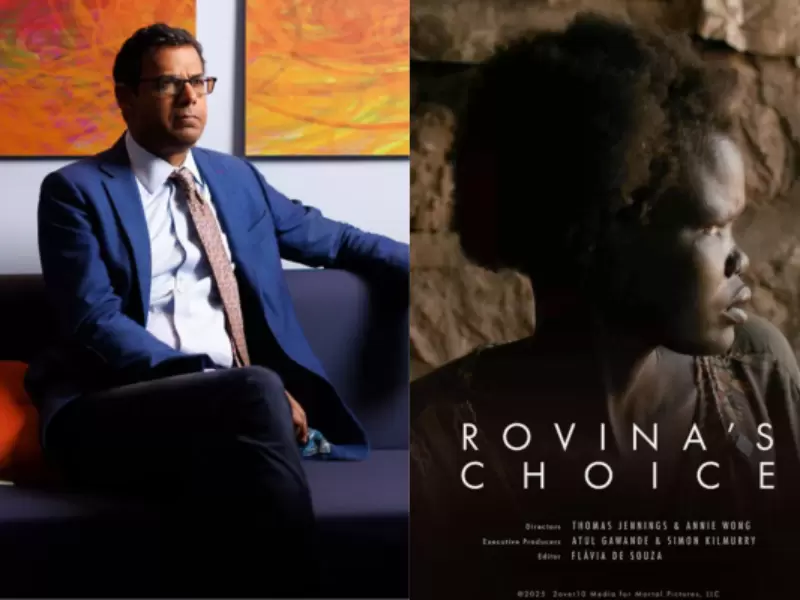 Atul Gawande/ Documentary's poster / news.harvard.edu/ IMDb
Atul Gawande/ Documentary's poster / news.harvard.edu/ IMDb
Indian American surgeon and author Atul Gawande assumed the role of executive producer for ‘Rovina’s Choice’, a documentary by The New Yorker that investigates the effects of U.S. foreign-aid reductions.
Directed by Thomas Jennings and Annie Wong, the Oscar-nominated film centers on malnutrition programs in Kenya and chronicles the journey of Rovina Naboi, a mother who traveled 12 kilometers from her village through the Kakuma Refugee Camp to Clinic 7 in an effort to save her daughter from starvation.
Also Read: Atul Gawande flays federal actions in Harvard keynote
Her experience frames the documentary’s account of how malnutrition treatment systems—long supported by U.S. funding—collapsed after President Donald Trump’s January 2025 executive order halting foreign aid.
The film outlines how the executive order, signed within hours of Trump taking office, led to immediate clinic closures, disrupted deliveries of therapeutic food and reversed decades of progress against severe acute malnutrition.
UNICEF and WHO figures cited in the documentary show that recovery rates in several regions had exceeded 90 percent before the funding halt.
Gawande, who previously led global health at the U.S. Agency for International Development from 2022 to 2025, brings his background in public health and health-systems research to the project.
I led global health at USAID. And I helped make a new film, "Rovina's Choice," about the deaths this man without conscience or accountability has caused -- already 600,000, 2/3 of them children. https://t.co/bo1a0aoZSX pic.twitter.com/LrZB21qXQG
— Atul Gawande (@Atul_Gawande) November 6, 2025
Responding to the findings highlighted in Rovina’s Choice, Gawande posted on X that the shutdown had already caused an estimated 600,000 deaths, “two-thirds of them children,” adding that the film documents “the deaths this man without conscience or accountability has caused.”
Jennings and Wong, both award-winning filmmakers with long associations with PBS Frontline, use Rovina’s experience to demonstrate how decisions taken in Washington directly reshaped life-and-death conditions in refugee settlements thousands of miles away.
Their on-the-ground reporting in Kakuma was supported by journalist Yiel Awat, who has lived in the camp since fleeing South Sudan in 2015. Veteran producer Simon Kilmurry also serves as executive producer.
A surgeon at Brigham and Women’s Hospital and professor at Harvard Medical School and the Harvard T.H. Chan School of Public Health, Gawande is also a long-time staff writer for The New Yorker and co-founder of the global health initiatives Ariadne Labs and Lifebox. He earlier served as executive producer of the 2024 Oscar-nominated documentary To Kill A Tiger.
ADVERTISEMENT
ADVERTISEMENT
E Paper
Video



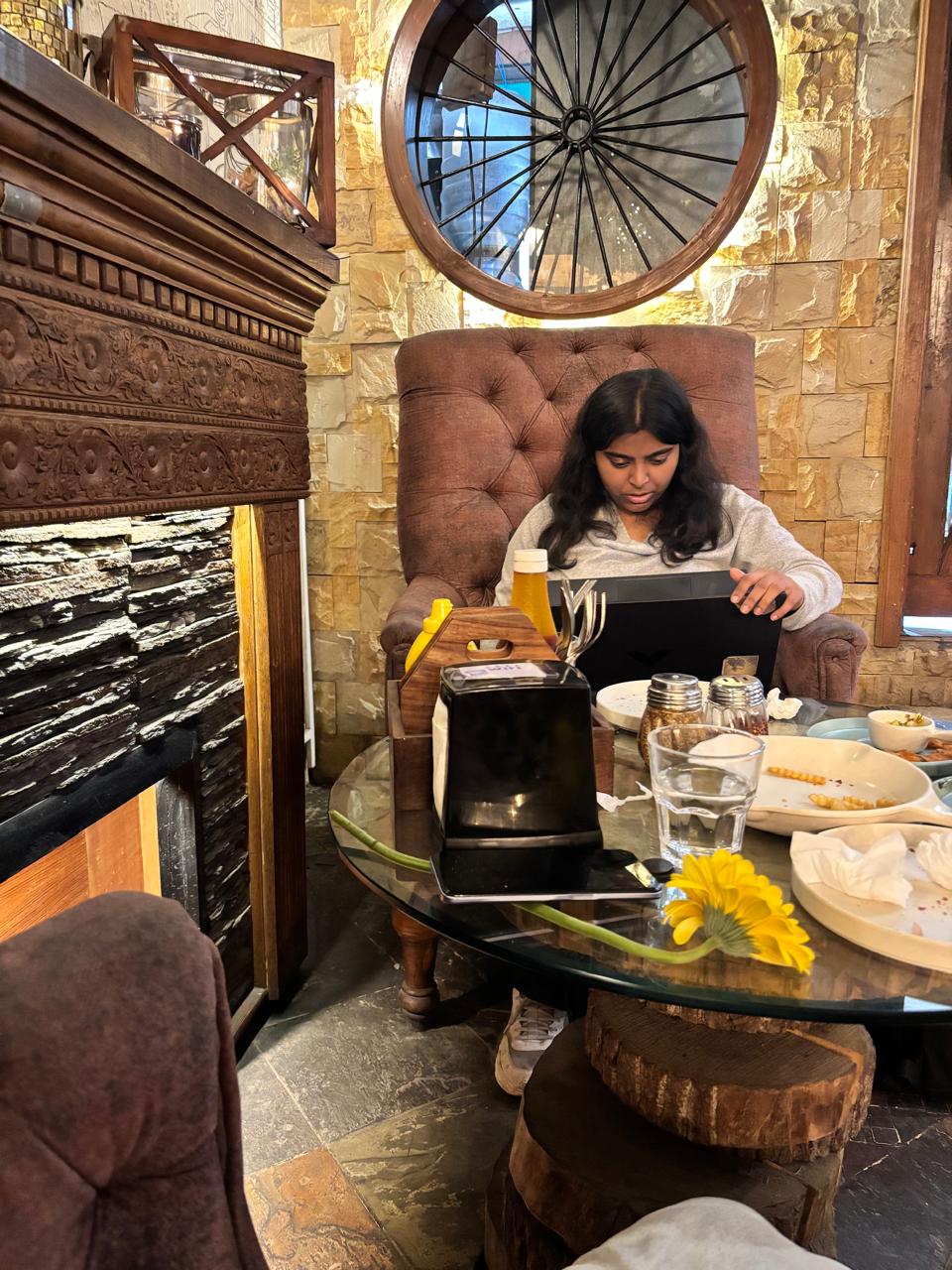 Malvika Choudhary
Malvika Choudhary.jpg)

.JPG)

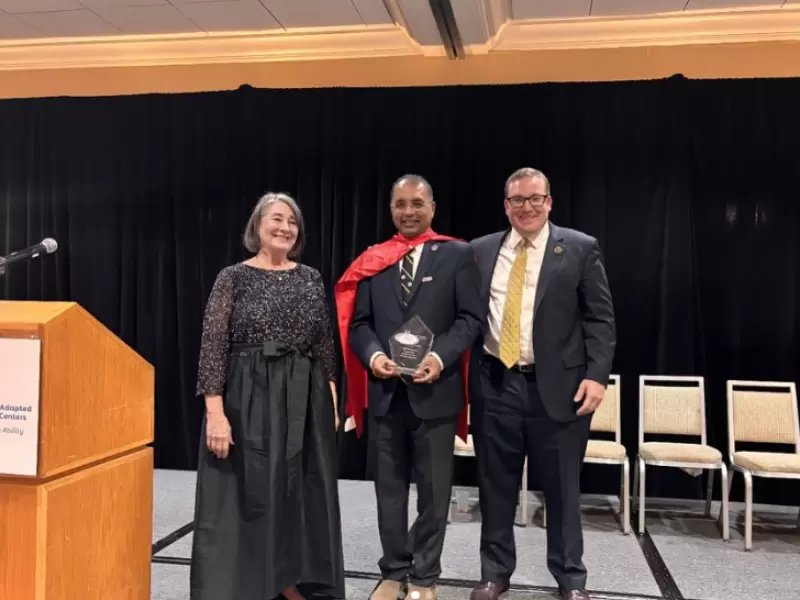

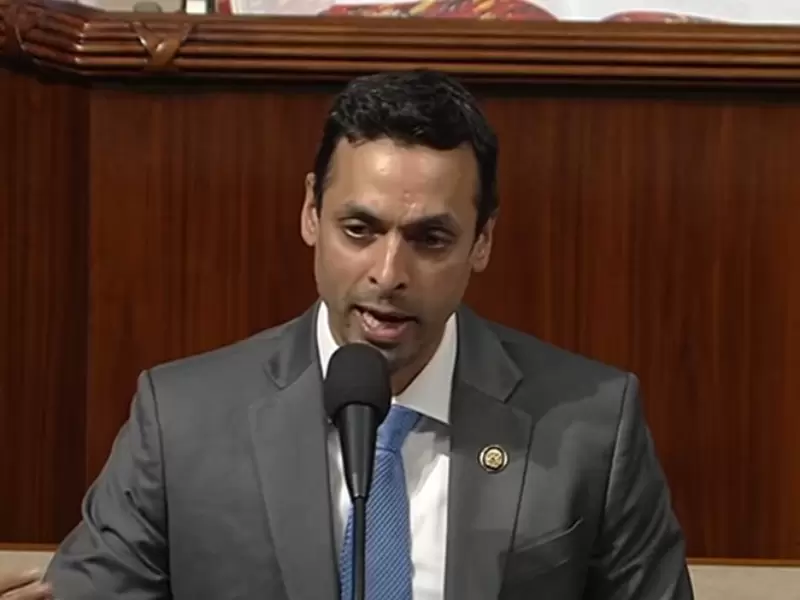
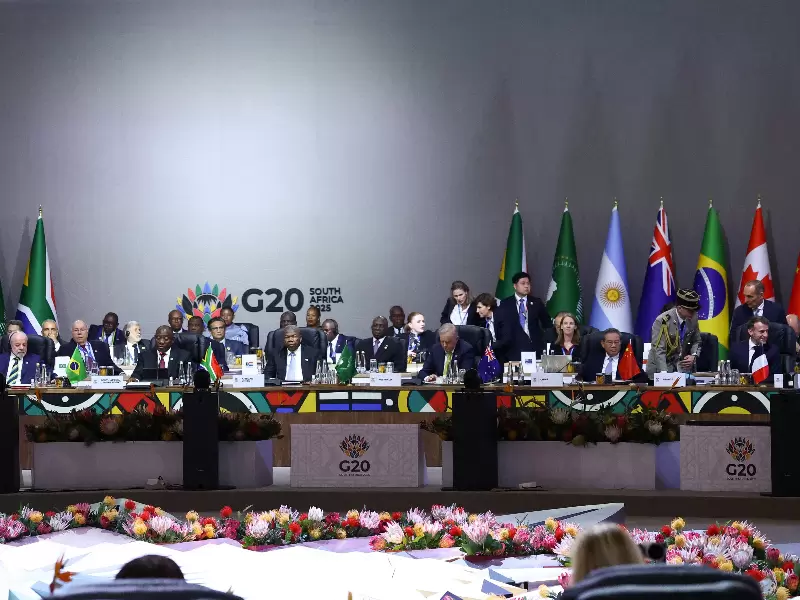




Comments
Start the conversation
Become a member of New India Abroad to start commenting.
Sign Up Now
Already have an account? Login